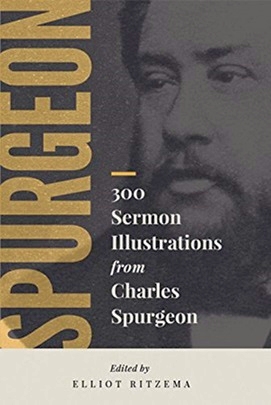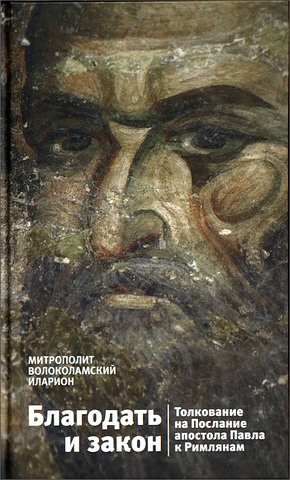
Ritzema - 300 Sermon Illustrations from Charles Spurgeon - модуль BibleQuote
Elliot Ritzema - 300 Sermon Illustrations from Charles Spurgeon
Bellingham, WA: Lexham Press, 2017. – 274 p.
Digital ISBN: 9781683590910
Those who preach and teach the Bible are always looking for real-life stories, examples, and similes that illustrate the truths of Scripture. The nineteenth-century London preacher Charles Spurgeon was a master at this. (And if you’re reading this introduction, you probably already know that.) Spurgeon worked hard to come up with compelling illustrations because he saw the power of illustrations in Scripture itself.
In a sermon on Jeremiah 6:29, Spurgeon said, “Metaphors often convey to the mind truth which otherwise would not have reached the understanding, for men frequently see under the guise and form of an illustration a doctrine which, if it had been nakedly stated, they could not have comprehended. Illustrations, like windows, let light into the chambers of the mind.” In order to have its greatest effect, truth needs to be presented in a variety of ways, and one of the most effective ways is through a concrete illustration that hearers will readily grasp. Spurgeon continued:
There is this use also in a metaphor, that even if it be not understood at first, it excites thought, and men exercise their minds upon it as children upon an enigma, and so they learn perhaps more through a dark saying than through a sentence transparent at first sight. Yet further, metaphorical speech is apt to abide upon the memory, it retains its hold, even upon the unwilling mind, like a lion which has leaped upon a giraffe in the desert. Mere bald statement is soon forgotten, but illustrations stick in the soul like hooks in a fish’s mouth.
The best preachers work hard at finding and using appropriate illustrations because they know, like Spurgeon did, that metaphorical speech has a way of continuing to work on the audience long after the sermon is over. It sticks in the mind more easily than “mere bald statements.” So how do we find good illustrations?
* * *
No Destroying God’s Truth
Isaiah 40:7–8; Habakkuk 2:4; Hebrews 4:12; 1 Peter 1:24–25
Preaching Themes: Scripture, Truth
Certain plants are so full of vitality that if you only take a fragment of a leaf and place it on the soil, the leaf will take root and grow. It is utterly impossible that such vegetation should become extinct.
And so it is with the truth of God. It is living and incorruptible, and therefore there is no destroying it. As long as one Bible remains, the religion of free grace will live. More than that, if they could burn all printed Scriptures, as long as there remained a child who remembered a single text of the word, the truth would rise again. Even in the ashes of truth the fire is still living, and when the breath of the Lord blows on it, the flame will burst forth gloriously.
Because of this, let us be comforted in this day of blasphemy and of rebuke—comforted because though “ ‘grass withers and the flower falls off, but the word of the Lord endures forever.’ And this is the word that has been proclaimed to you” (1 Peter 1:24–25).
God, Love of
Christ’s Kingdom and Napoleon’s Empire
Matthew 20:25–28; Mark 10:42–45; Luke 22:24–27; 1 Corinthians 15:25
Preaching Themes: God: Love, Government, Kingdom of God, War
Perhaps accidentally Napoleon was a grand advancer of human liberty, since he first taught the old kings that the pretense of divine right could not keep crowns on unpopular heads, and that young men from the ranks might still mount a throne. He produced a code of laws, which, for simplicity of justice, has never been surpassed.
Still, he relied too much on coercion and the sword—his enormous armies were his bulwark and security. Strong battalions were the cornerstone of his empire, and though for a while he stood firm, and armies advancing against him were only like so many waves dashing against the rocks of his tremendous power, still after all his many wars he was overthrown. He was said to have uttered in St. Helena that memorable speech, “My empire has passed away. I founded it upon the sword, and it is gone. Jesus Christ established an empire upon love, and it will last forever.”
So will it last. When all that kings and princes can do with statecraft, and with power, shall have dissolved like frost in the sun, Christ’s kingdom must stand because it is based upon the law of love. His person is the incarnation of love, his teachings are the doctrines of love, his precepts are the rule of love, his Spirit is the creator of love, his whole religion is saturated with love, and because of this his kingdom cannot be moved.





Комментарии
Пока нет комментариев. Будьте первым!